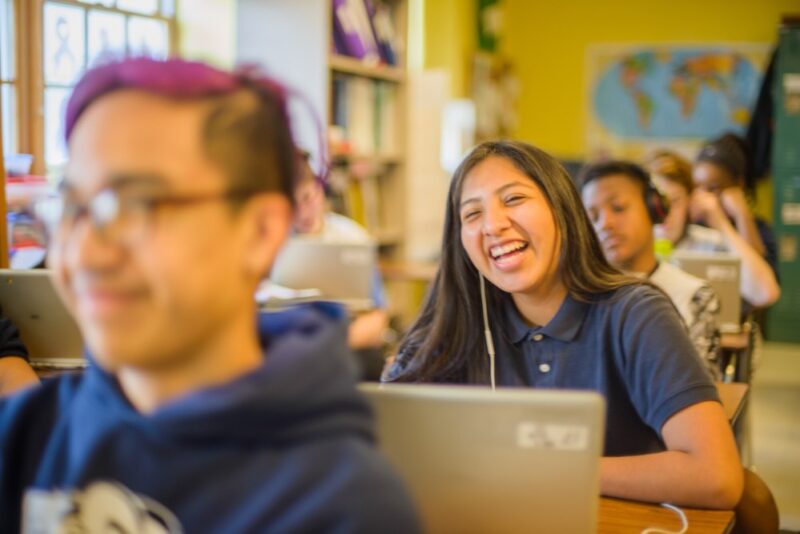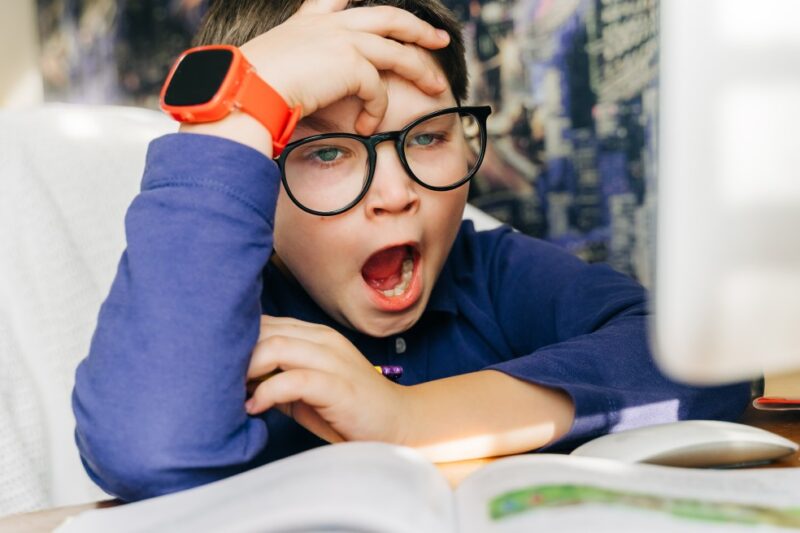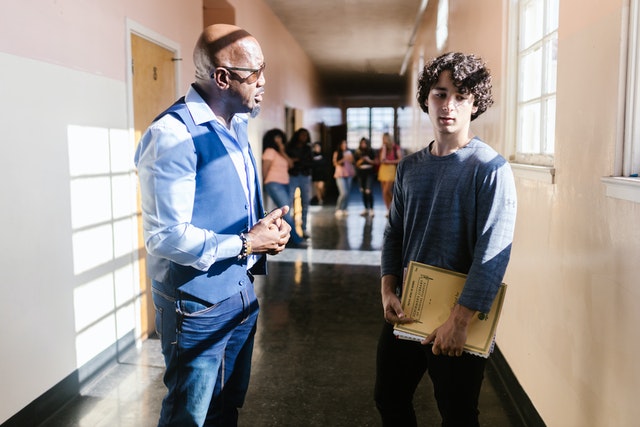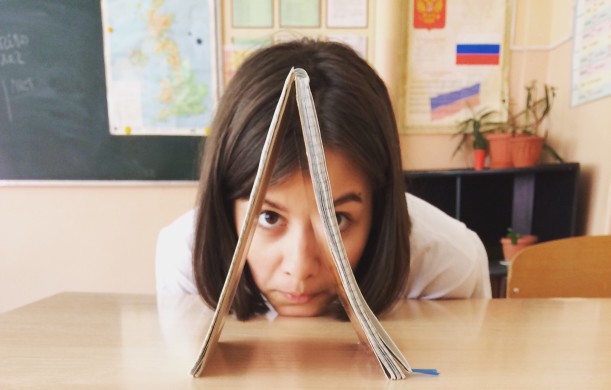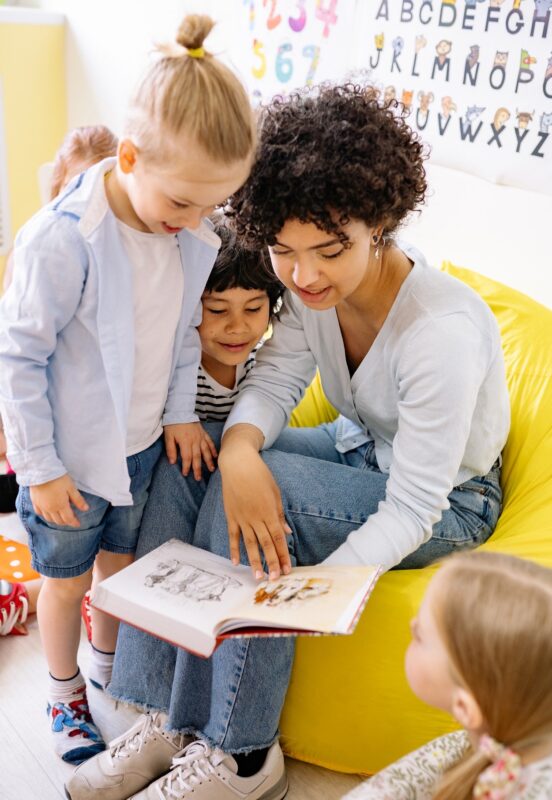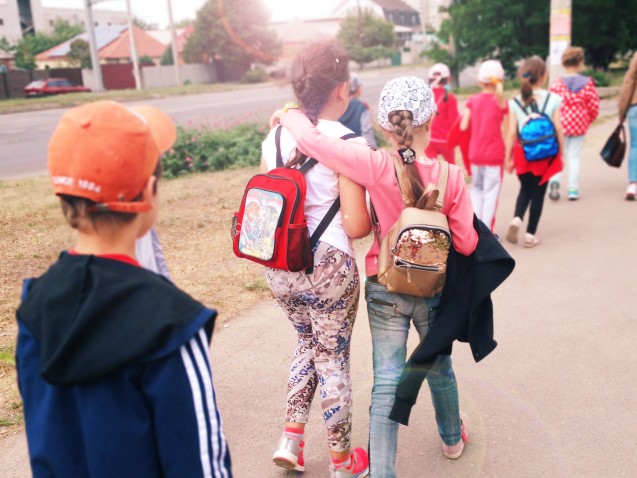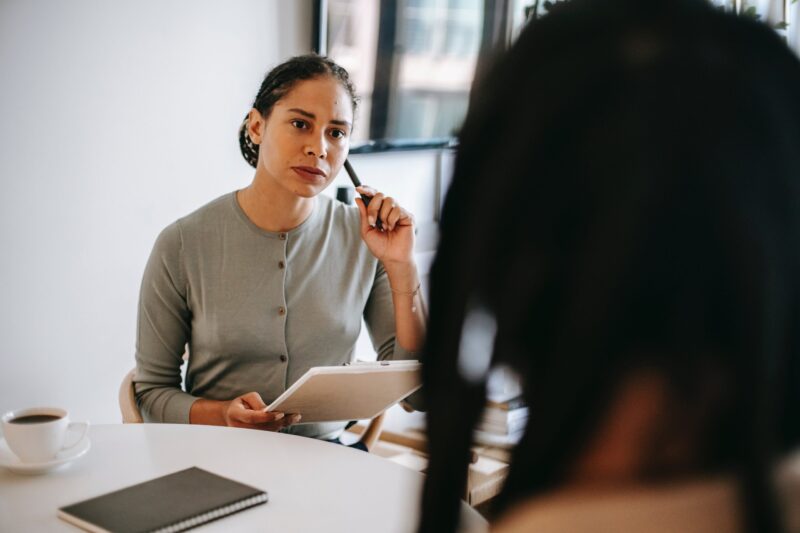
What Is Non-Verbal Learning Disorder?
Nonverbal learning disorder (NVLD), also known as nonverbal learning disability, is a neurological condition which typically emerges during childhood but can persist through adulthood. It is marked by one or more of a set of cognitive, and sometimes social, difficulties Read more >>
